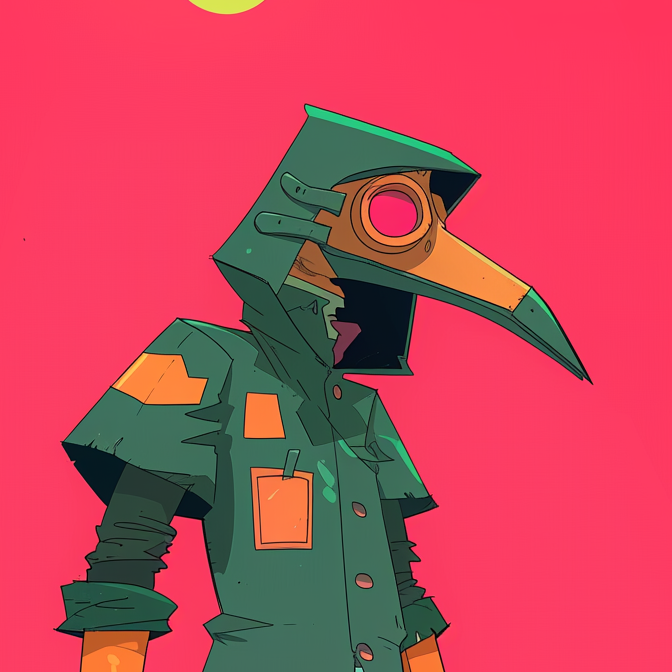Gaming used to be about fun. About diving into worlds, exploring at your own pace, mastering mechanics, and enjoying the ride. But in today’s landscape, something has changed. Games are no longer just games—they’re obligations. If you miss a day, you fall behind. If you don’t log in, you lose out. And if you don’t grind now, you might never get that skin, weapon, or event-exclusive reward again.
This is the power of FOMO—Fear of Missing Out. And it’s ruining modern gaming.
What is FOMO in Gaming?
FOMO is exactly what it sounds like—the anxiety that if you don’t act immediately, you’ll miss something valuable. It’s a psychological trick used in sales, social media, and marketing, but gaming companies have weaponised it.
Ever logged into a game and been greeted by pop-ups telling you a limited-time event is ending? That your battle pass is about to expire? That an exclusive item will never return? That’s FOMO at work. It creates a sense of urgency that keeps players glued to their screens—not out of enjoyment, but out of obligation.
How Games Exploit FOMO
- Time-Limited Events & Cosmetics
Remember when you could unlock things in games just by playing at your own pace? Those days are gone.
Now, games like Fortnite, Overwatch, and Genshin Impact lock content behind limited-time events. If you don’t grind for that exclusive skin or character within a short window, you miss out—maybe forever. The goal? Keep you logging in, keep you playing, and keep you spending.
- Battle Passes & Daily Logins
Battle passes are among the most effective FOMO-driven mechanics. They’re paid content that expires. If you don’t complete it in time, that’s your loss. And let’s not forget daily logins—miss a day, break your streak, and lose out on rewards. It’s not game design—it’s psychological conditioning.
- Live-Service Games & ‘Seasonal’ Expansions
Live-service games like Destiny, Call of Duty, and MMOs take it even further. Taking a break? Bad idea. The content you paid for might get vaulted or become obsolete. You’re stuck in a constant cycle of engagement—because if you stop, catching up feels impossible.
The Effect on Players
- Games Feel Like a Chore
For many players, gaming isn’t fun anymore—it’s work. Dailies, weeklies, battle pass grinds… these aren’t gameplay, they’re tasks. The pressure to keep up turns something that should be enjoyable into a never-ending checklist.
- Burnout & Quitting Games Entirely
Eventually, players snap. Burnout sets in, and they quit—not because they dislike the game, but because they’re exhausted. And the worst part? The system isn’t designed to keep you—it’s designed to replace you with a fresh player who hasn’t caught on yet.
How We Fight Back
- Play on Your Terms
Step back. Stop chasing every event, every limited-time offer, every battle pass. If a game isn’t fun without FOMO mechanics forcing you to log in, ask yourself: Is it worth playing at all?
- Support Games That Respect Your Time
Not all games trap players in endless engagement cycles. Support titles that let you play at your pace—single-player experiences, buy-once games, and even multiplayer titles that don’t rely on FOMO-driven monetisation.
My Opinion
The problem isn’t that developers add new content. The problem is that they withhold content, using artificial scarcity to keep players engaged. It’s a shift that has turned gaming into a job—one where the reward isn’t fun, but the absence of regret.
So, I want to hear from you—have you ever quit a game because of FOMO? Have you felt pressured to log in just to keep up? Let’s talk in the comments. And if you want more detailed explorations into gaming, stay tuned. There’s plenty more to discuss.
Author
-

Armand van Tonder is the creator of Seeker’s Creed and CTRL Seek, platforms dedicated to seeking the truth of Scripture and geeking out in a Christian fashion. When he’s not diving into theology or gaming, he enjoys tackling tough questions that challenge faith and culture.
- I use ChatGPT to help me structure my posts, but the theology and conclusions are my own.
View all posts
